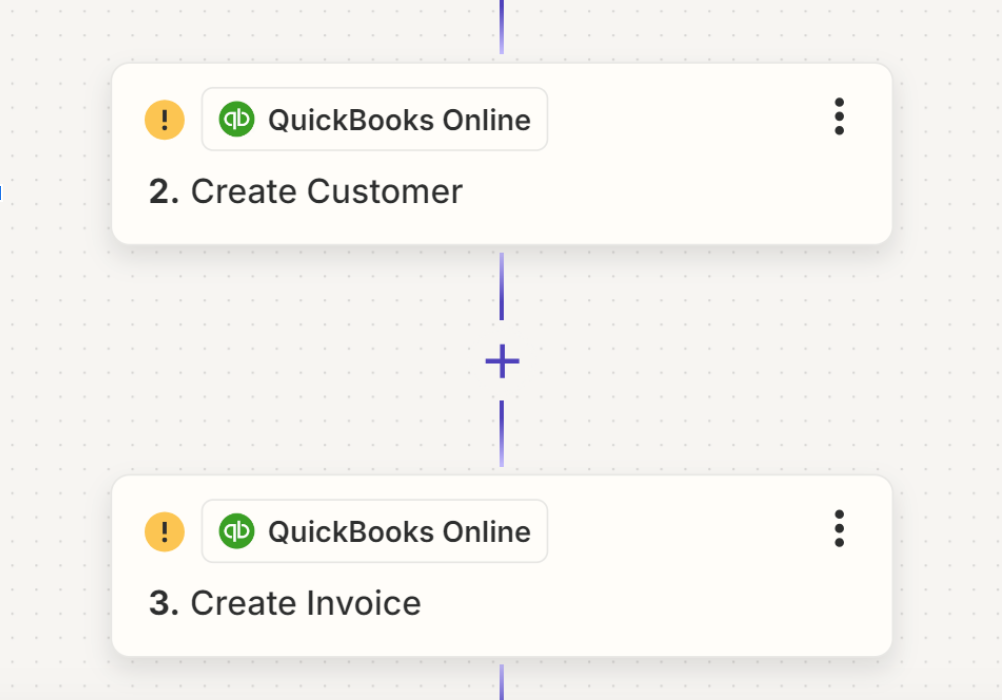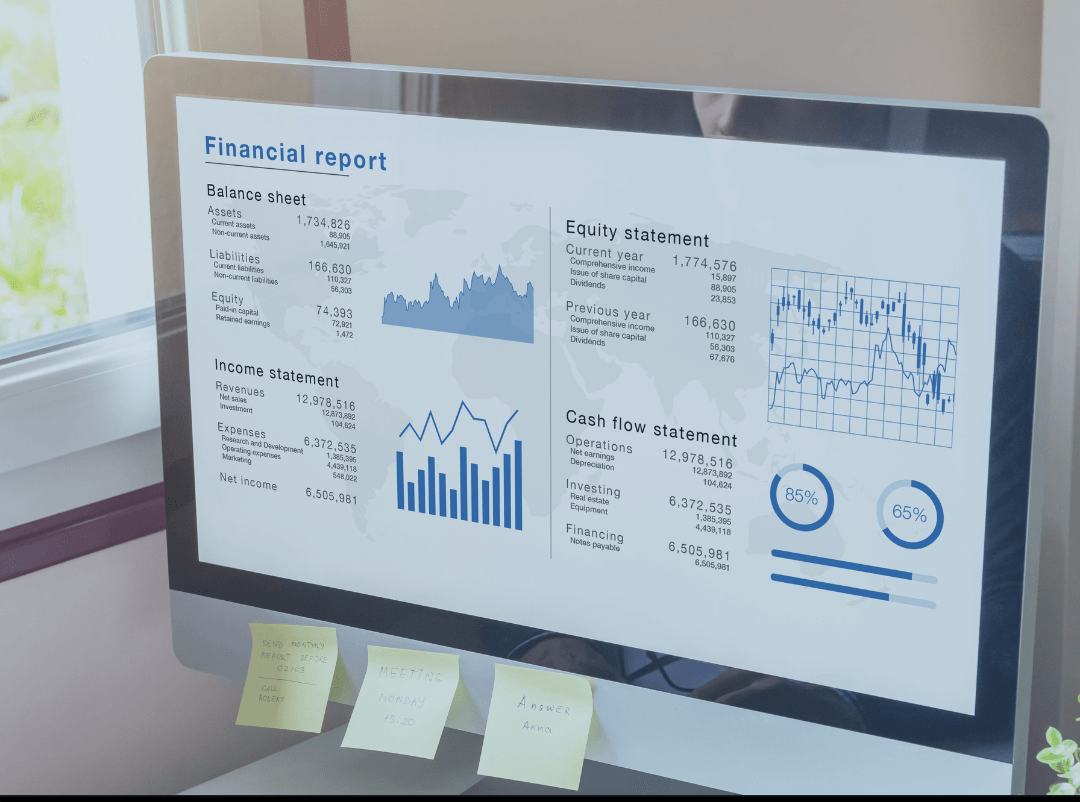6 Things you Should do to Prepare for 2024 Taxes
As a business owner, you may be overwhelmed by tax season. After all, the process of preparing your return can be tedious and time consuming. The good news is it doesn’t have to be. There are several strategies that can help you prepare for your 2022 taxes and take some stress on your plate.
1. Hire the Right Professional
While you can do your taxes yourself, it’s in your best interest to hire a professional. With a CPA or other tax pro by your side, you can simplify the tax process and minimize your tax burden. An experienced, highly knowledgeable tax pro can work with you throughout the year to keep an eye on cash flow and monitor profits. Once it comes time to file your tax return, they may help you maximize the deductions and credits you qualify for. The right tax professional will almost always pay for themselves.
2. Determine Which Deductions You’re Eligible For
A tax deduction is an amount you may deduct from your taxable income to lower the amount of taxes that you owe. The reality is many small business owners don’t claim all of the deductions that apply to them because they are simply unaware of them or lack the appropriate records to prove they qualify for them. Be sure to do your research and work with a professional to familiarize yourself with all the deductions that make sense for your business. Here are several examples of deductions you might be eligible for:
- Legal and Professional Expenses: This refers to any money you pay to lawyers, accountants, tax advisors, and other professionals that assist with various business-related initiatives.
- Advertising Expenses: Advertising expenses may include but are not limited to website development, travel to trade shows and conferences, social media ads, and billboards.
- Property Expenses: Property deductions are expenses related to any building or space you use for business purposes. Keep in mind that you can’t deduct land and investment properties.
- Home Office Expenses: If you run your business out of your home, you may be able to write off a percentage of your mortgage or rent payment as well as some utility costs. Note that you’ll need to document the dimensions of your office.
- Vehicle and Mileage Expenses: Do you use a car, truck, van, or other vehicle to do business? If so, you may be able to deduct mileage from your taxes. It’s a good idea to track your mileage throughout the year.
- Equipment Expenses: Any type of business-related equipment like a computer, bulldozer, or machine that will last longer than one year is tax-deductible.
- Charitable Contributions: If your business donates to charity, you may qualify for a charitable contributions deduction. The caveat is that your donation must be documented correctly.
- Retirement Expenses: You can deduct any contributions you make into a tax-deductible retirement plan. A few examples of these types of plans include a 401(k), 403(b), and Simple IRA.
- Startup Expenses:
If you launched your business in 2022, you may be able to deduct various startup expenses that the IRS considers capital expenses.
3. Take Advantage of Tax Credits
Tax credits can reduce your tax bill, dollar for dollar. If possible, claim a credit rather than a deduction as a credit will usually lead to greater savings. Some of the most common credits for business owners include:
- Work Opportunity Tax Credit (WOTC): You may qualify for the WOTC if any of your employees are a part of a group that has faced employment barriers. Targeted groups may be disabled individuals, ex-felons, and veterans.
- Employer-Provided Childcare Facilities and Services Credit: If you offer childcare facilities on-site or have a contract with an outside provider, you’re eligible for this tax credit. It’s worth 25% of the amount you paid for child care expenditures and 10% of the amount you paid to provide childcare resources to employees.
- Small Employer Health Insurance Premiums Credit: You may take this credit if you have less than 25 full-time employees, pay an average wage of less than $51,600 per year, pay at least half of your employees’ health insurance premiums, and purchase your plans via the Small Business Health Options Marketplace.
- Research & Development Tax Credit- This tax credit is more complicated than the rest. For more information on the new changes to this law check out our blog on the change
here .
4. Avoid Audit Traps
An IRS audit can be quite stressful so it’s important to do whatever you can to prevent one in the first place. To do so, be careful of how you classify your employees. Don’t classify them as independent contractors unless they truly are. Also, if you take the home office deduction, make sure you can prove your calculations. In addition, don’t deduct too much or the IRS may get suspicious. A qualified professional will ensure you’re completing
your tax return correctly so you can avoid any audits.
5. Understand Your Tax Filing Deadline
It’s important to understand when your business taxes are due. If you’re a sole proprietorship, single-member LLC, multi-member LLC taxed as a corporation, or corporation that ends your tax year on December 31, you must file by April 15, the same day personal taxes are due. In the event you’re a partnership, multi-member LLC, or S Corp, your tax filing deadline is March 15. Note that if March 15 or April 15 falls on a weekend or holiday, your deadline is the next business day.
6. Consider an Extension
Life happens. If you get busy with other responsibilities, you don’t have to rush. You can file a business tax extension and give yourself some extra time to complete and file your small business tax returns. If you decide you do need an extension, you’ll need to submit an IRS extension form before your tax return due date. An extension can give you up to six additional months to take care of your taxes.
Other Blogs Related to Small Business Accounting





